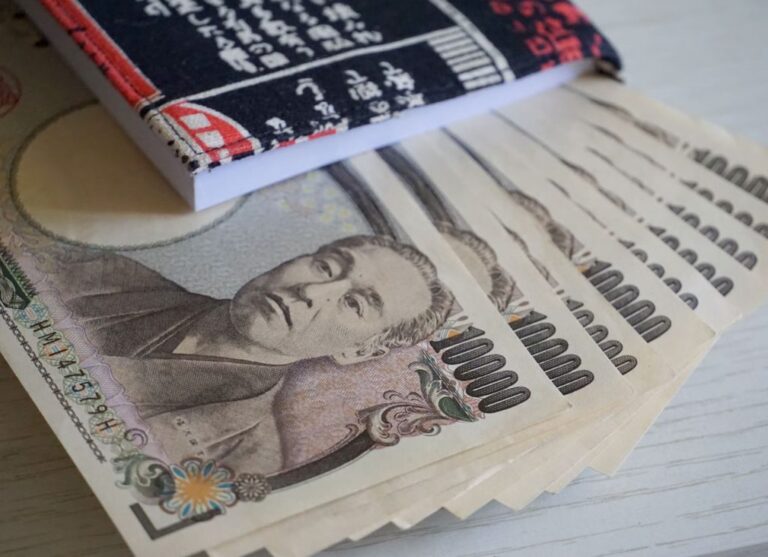
Morning Brief – 20th Party Congress
This week, considerable risks will flow into global markets from Asia. The epicentre of these risks will likely come from China as the ruling Communist Party holds its latest conference. China has played its role in global economic and foreign policy events over recent weeks and months. However, it’s role in shaping these conditions has been largely passive. For example, one of the biggest influences in global supply chains has been China’s zero covid policy, something that has been with us for a long time. Another is China’s increasing tolerance towards Russia following the invasion of Ukraine. Both of these features have been known for some time and the role China has played in defining market conditions has been down to the speculation of whether these paradigms may shift, not due to policy change itself.
This passive role for China has the potential to change this week. Over the weekend, the conference of the leading party began. Immediately President Xi Jinping took a defensive and protective line over China’s zero covid policy. One of the key risks as this congress continues and is digested is whether China’s zero covid policy may end anytime soon. Price inflation has been a feature for many western economies for many months with defensive monetary policy actions to halt inflation the key defining features of most recent economic shifts. China is of course a huge player in the global supply chain and therefore you might suppose that China dropping its zero covid policy could expand global supply capacity and potentially pave the way to lower prices. In reality, the excess demand that would also bring to domestic and international markets as a result of China coming back online fully would likely create huge additional price pressures. The fact that zero covid looks like it’s here to stay following comments over the weekend could be welcomed by the world’s central bankers and provide a calming tone to FX markets.
The role of China in international relations has been less passive. China’s threats and the corresponding reactions from the west over challenges to the sovereignty of Taiwan have provided an element of risk to global markets. Escalations in these tensions typically have driven flows demanding USD at the expense of currencies carrying a slightly elevated risk profile of their own. President Xi has already shown that this Congress will have a heavy focus on defence, in particular demonstrating the Party’s commitment to fleshing out its military capabilities, something unlikely to please the hegemonic US but perhaps more so its Dollar. As if the risk towards foreign exchange markets from the 20th Party Congress wasn’t enough, key data releases will also be observed in India, Indonesia, Australia and Japan. Markets will be following these risks and any major upsets could prompt a repricing of wider Asian-FX.
Discussion and Analysis by Charles Porter

Click Here to Subscribe to the SGM-FX Newsletter
Related Insights

Morning Brief – Japanese Yen
Japanese Yen With JPY at a new 34 year low versus EUR, the market is set for an ambush by the Bank of Japan if it acts today at the end of their Policy Meeting to support the Yen. The reason that the market is susceptible is because it has convinced itself that the BoJ […]

Morning Brief – Coalition
Coalition This briefing is about South Africa and the Rand, which frequently proves to be one of the more divisive subjects within our roster of currencies. In particular, with the election looming, this will be about South African governance. Not from a political or human perspective about what may be the best long term outcome […]

Morning Brief – US Tariffs on Chinese Imports
US Tariffs on Chinese Imports Recently we wrote about how Mexico has become the Number One trade partner for the USA. It now transpires that Mexico may have had what is known as a little assist with their numbers: the statistics for the number of 20 foot shipping containers for the first three Quarters of […]



 Humphrey Percy
Humphrey Percy